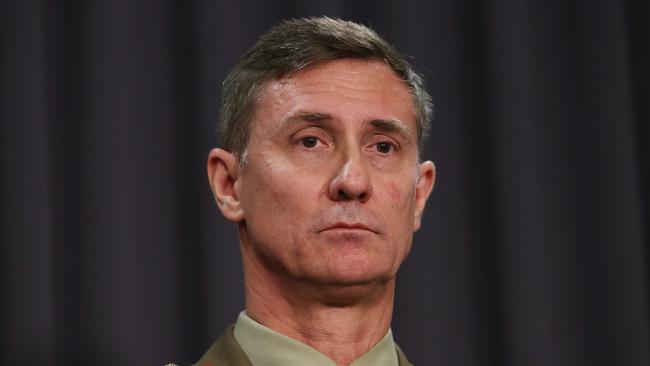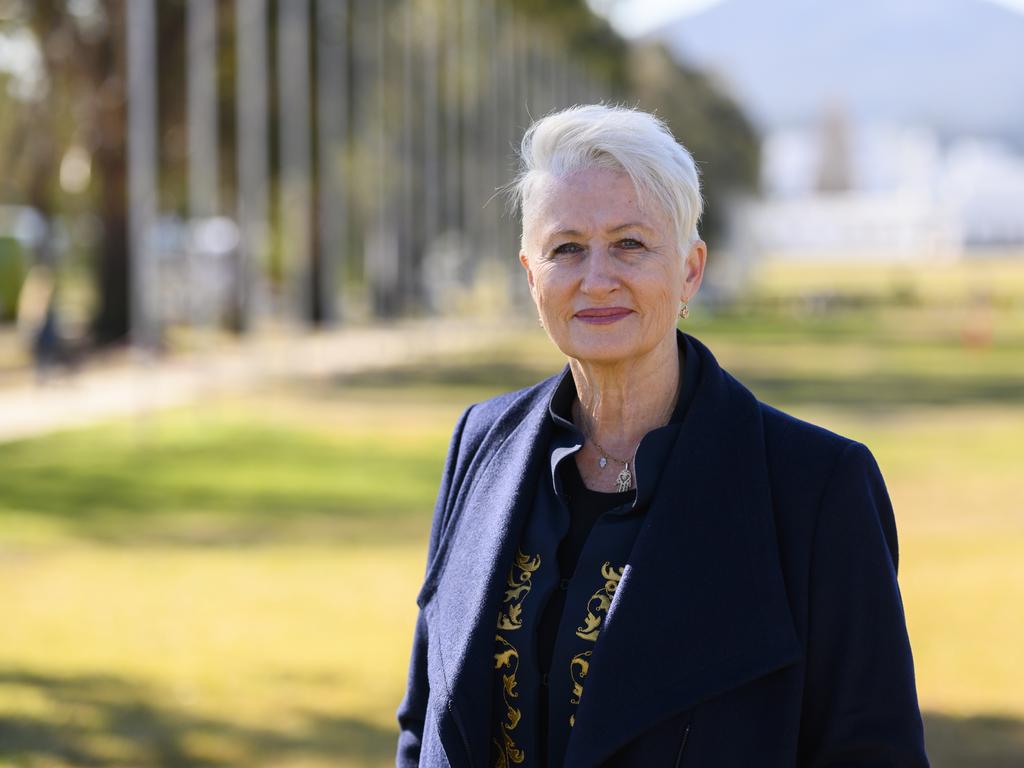Fewer than one in 10 medivac refugees need hospital care
Fewer than one in 10 medivac detainees brought to Australia has been hospitalised.

Fewer than one in 10 refugees and asylum-seekers transferred to Australia under Labor-backed medivac laws has required hospital treatment, and none is currently receiving in-patient care.
Operation Sovereign Borders head Craig Furini told Senate estimates on Monday that just 13 medical-transfer detainees, out of 135 brought to Australia so far, had been hospitalised.
“As of this morning, there are zero of those transferred in hospital,” Major General Furini said.
He also revealed that six people had been transferred to Australia under the legislation despite security concerns, and a further two had been approved for transfer despite similar character concerns.
Five people transferred under the laws had refused treatment after arriving in Australia, and a further 43 had refused chest X-rays or pathology tests.
The Senate heard 10 detainees in Port Moresby had been approved for transfer but were unable to travel because they were being held under PNG law.
As the government prepares to introduce legislation to overturn the medivac laws, General Furini said all refugees and asylum-seekers who had been transferred remained in Australia.
Home Affairs Department secretary Mike Pezzullo said it was a “grievous flaw in the legislation” that detainees could be brought to Australia for assessment without the ability to return them to offshore processing.
“(If) the assessment leads to the conclusion … that, well, actually there is no further treatment required, there is no ability to return,” he said.
Mr Pezzullo also rejected claims of a “crisis” in refugees arriving by plane, saying just 0.23 per cent of those entering the country with valid visas went on to claim protection visas.
Labor home affairs spokeswoman Kristina Keneally tackled Mr Pezzullo in Senate estimates on Monday over onshore refugee claims, which she argues are at crisis levels. Mr Pezzullo confirmed there were 92,000 onshore claims in the past five years from more than four million arrivals. He said trying to get that number down would deliver a “vanishingly small return”.
“The marginal gain that you would achieve in tapping that number down by putting onerous restrictions in terms of students, tourists, visitor visas and the like would be completely disproportionate to the gains that you end up getting,” Mr Pezzullo said.
“You end up creating so many disincentives in terms of tourist, visitor visa, student categories, that the pain would not be worth the effort.”
He said onshore refugee claims were a “completely different problem” than asylum-seeker arrivals by boat, which had led to an estimated 1200 people dying at sea. “I’ve dealt with a border crisis. This is not a border crisis, I can assure you,” Mr Pezzullo said.
He said among members of the Five Eyes security alliance “there is a degree of incomprehension that we have got the numbers as under control as possible”. “Frankly, the reaction we get is the Meg Ryan reaction — ‘We’ll have what they’re having’,” he said, referring to a scene in the 1989 romantic comedy When Harry Met Sally.
Senate estimates heard 24,520 refugee claims were made in 2018-19 by people who arrived by air. This was down on the previous year, when about 27,900 onshore claims were made.
Malaysian and Chinese travellers have previously made up a large proportion of onshore refugee claims, with their applications overwhelmingly rejected.





To join the conversation, please log in. Don't have an account? Register
Join the conversation, you are commenting as Logout